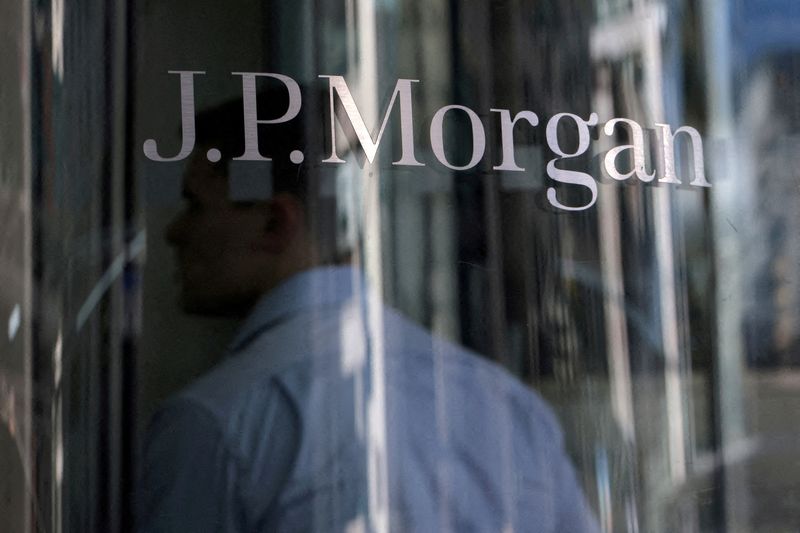On Thursday, Baird downgraded JPMorgan Chase & Co. (NYSE:JPM) stock from Neutral to Underperform, setting a price target of $200.00. The firm advised clients to take profits, citing a poor risk/reward balance and limited potential for stock price growth.
The downgrade comes amid market optimism regarding a more favorable regulatory environment and a pro-growth macroeconomic agenda. However, Baird expressed concern that expectations for JPMorgan might be too high, noting the stock is trading at approximately 2.6 times tangible book value (TBV) and a 15% capital to assets ratio.
The firm also highlighted that JPMorgan's stock is trading at over 14 times the estimated earnings per share (EPS) for 2026 and about 10 times pre-provision net revenue (PPNR), which are close to or at all-time highs. These valuations raise questions about the stock's future growth potential.
Baird's analysis suggests that despite the current market trends, which may seem favorable, it is prudent for investors to consider selling their shares in JPMorgan. The firm believes that the current stock price does not offer an attractive opportunity for investors looking for upside.
In summary, Baird's downgrade reflects a cautious stance on JPMorgan's stock, proposing that the current market prices do not justify the risks involved. The firm's recommendation is based on the belief that the stock's upside is limited, despite the positive market sentiment.
In other recent news, JPMorgan Chase has been in the spotlight for multiple developments. The United States' largest bank has agreed to pay $100 million to settle charges from the U.S. Securities and Exchange Commission (SEC) regarding misleading information about investments in "conduit" products. This settlement includes a $10 million civil penalty and $90 million in restitution to investors.
CEO Jamie Dimon has reaffirmed his commitment to JPMorgan, dispelling speculation about a potential role in President Donald Trump's administration. Meanwhile, Dimon has voiced criticism of regulatory measures impacting the banking industry, suggesting that financial institutions should be more assertive in challenging these regulations.
The bank's stock has maintained an Overweight rating from Piper Sandler, which highlighted JPMorgan's leadership in the retail market and credit card sectors, along with potential growth in these areas. In addition, the bank's board has identified four potential successors for Dimon, indicating a forward-looking approach to leadership.
Furthermore, JPMorgan is reportedly considering re-entering the physical trading of liquefied natural gas, suggesting a strategic expansion into the energy sector. These recent developments underscore JPMorgan's active engagement with regulatory bodies, its strong leadership, and its strategic growth initiatives.
InvestingPro Insights
While Baird's downgrade of JPMorgan Chase & Co. (NYSE:JPM) suggests caution, recent InvestingPro data offers a more nuanced perspective. JPMorgan's stock has shown significant strength, with InvestingPro reporting a strong return over the last month and trading near its 52-week high. This aligns with Baird's observation of the stock's high valuation.
However, InvestingPro Tips highlight some positive aspects that investors should consider. JPMorgan has raised its dividend for 14 consecutive years and has maintained dividend payments for an impressive 54 consecutive years. This demonstrates the bank's financial stability and commitment to shareholder returns, which could be attractive to long-term investors despite the current high valuation.
It's worth noting that 6 analysts have revised their earnings upwards for the upcoming period, suggesting some optimism about JPMorgan's near-term performance. This contrasts with Baird's more pessimistic outlook.
For a more comprehensive analysis, InvestingPro offers 17 additional tips on JPMorgan Chase & Co., providing investors with a broader range of insights to inform their decision-making in light of Baird's downgrade.
This article was generated with the support of AI and reviewed by an editor. For more information see our T&C.
